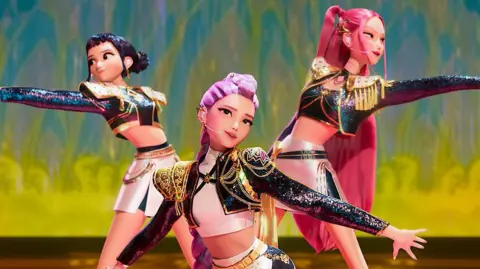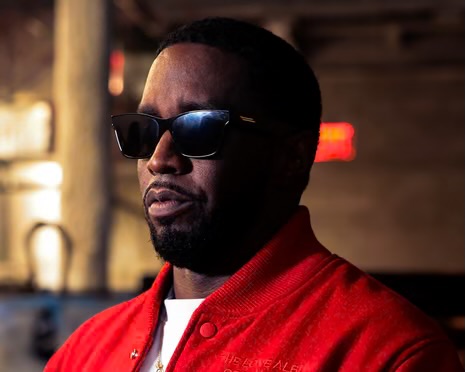The success of Netflix's animated feature K-pop Demon Hunters has redefined the landscape of cultural celebration in South Korea, merging K-pop with traditional practices.
A South Korean monk performed an unusual Buddhist ritual for the animated movie's fictional K-pop boy band, aiming to guide the souls of these characters towards peace and rebirth.
The event drew over 4,000 virtual viewers and sparked an outpouring of support for the on-screen characters, whose name translates as 'angel of death'. Amidst the film's overwhelming popularity, including topping global charts, locals have felt an increased cultural pride.
Directed and produced by Korean-Americans through major U.S. studios, K-pop Demon Hunters expertly weaves elements of traditional Korean culture with youthful K-pop energy, pushing fans into a frenzy where they clamour for tangible connections to their heritage.
The National Museum of Korea has reported a dramatic surge in visitors since the film’s release, witnessing over 740,000 attendees in just a month. Local businesses, including craft shops, have also experienced a significant upturn in sales, with resonances to traditional craftsmanship being celebrated anew.
The anticipation of cinema screenings, currently limited to regions outside Korea, speaks volumes about the cultural impact K-pop Demon Hunters has had. Fans express a longing for a communal singing experience reminiscent of traditional rituals, further solidifying the film’s status as a modern cultural touchstone.
As South Korea navigates this intricate tapestry of tradition and modern entertainment, K-pop Demon Hunters stands as not just a film but a phenomenon that champions the richness of its cultural narrative.

















